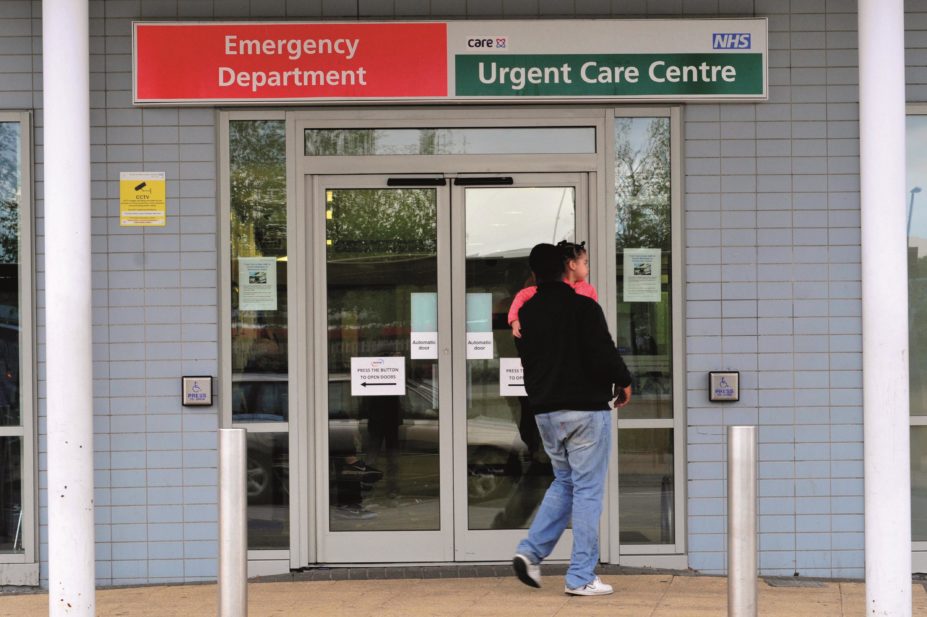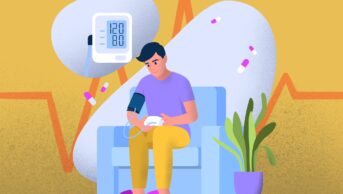
Yanice Idir / Alamy
Community pharmacists in England could help save the NHS up to £1bn a year if they were contracted to run a national minor ailments service, according to figures obtained by the Royal Pharmaceutical Society (RPS).
The estimate comes from an analysis of research findings[1]
, released by the RPS on 19 October 2014. These suggest that the cost of treating a patient for a minor ailment, such as a cough or sore throat, is £29.30 in a community pharmacy but nearly five times higher (£147.09) in a hospital accident and emergency (A&E) department and nearly three times higher (£82.34) if the same patient is seen by a GP.
The researchers say 2.9% of all A&E consultations and 5.5% of GP consultations are for common ailments that could be successfully managed by community pharmacists.
They told the RPS that, based on these figures, if the current national minor ailments system run in community pharmacies in Scotland was used to its full potential and a similar system was introduced in England, the NHS would be £1.1bn better off.
The findings, which have been released as NHS England is due to publish its five year plan, prompted the RPS to call again for a national minor ailments system to be established in England.
“The NHS can’t afford to wait any longer to create capacity in the system,” said RPS president Ash Soni. “Fast same-day access to community pharmacists will be of huge benefit to patients, doctors, nurses and the bank balance of the NHS.”
Soni’s appeal won wide support across the health service, including backing from the president of the College of Emergency Medicine Clifford Mann, who said that pressure on A&E was a “real concern” and that patients need to understand where they can access the best treatment for their complaint. “Recognising that patients can use the skills and experience of pharmacists to treat common minor ailments would be an important step in this direction,” he said.
Nigel Mathers, the honorary secretary of the Royal College of General Practitioners, said it was “sensible” that community pharmacists, and not over-stretched GPs, should be the first port of call for common ailments. Such a move, he said, would take pressure off the demand for a GP appointment and leave more time for doctors to deal with more complex consultations.
“This report provides further evidence to demonstrate that patients can receive timely advice and treatment for minor conditions such as coughs and colds from their local pharmacy, rather than going to a GP or to A&E,” said Keith Ridge, NHS England’s chief pharmaceutical officer.
The research, led by Margaret Watson, a pharmacy practice researcher at the University of Aberdeen, who worked with colleagues at NHS Grampian and the University of East Anglia, involved a systematic review of studies into community pharmacy-run minor ailments services between 2001 and 2011. It included 26 studies and 31 evaluations.
It also took into account the results of a prospective cohort study involving 377 patients who had visited either a community pharmacy, GP surgery or an A&E department in East Anglia or Grampian with one of four common conditions – musculoskeletal pain, eye discomfort, upper respiratory tract conditions and gastrointestinal disturbances.
The third piece of research to inform the findings involved GPs posing as patients and seeking advice for a common ailment at 18 community pharmacies in East Anglia and Grampian.
The main findings were published in a report by Pharmacy Research UK in January 2014, with further analysis done at the request of the RPS.


